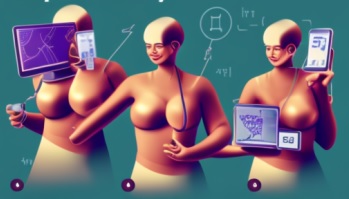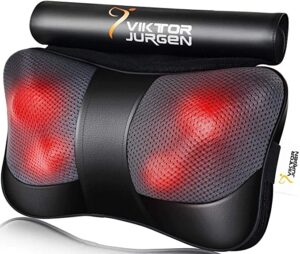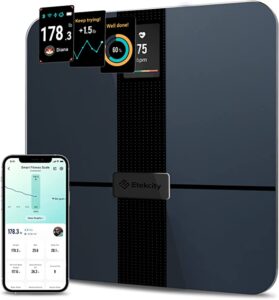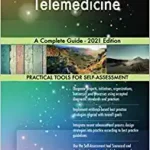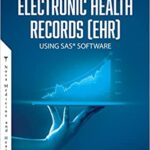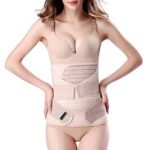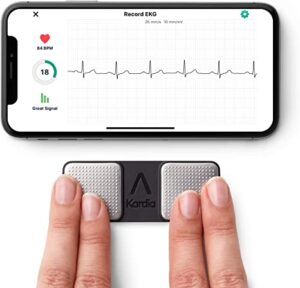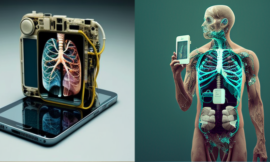Technology and Health
How does Tech affect health
Technology has had a significant impact on the healthcare industry, with advancements in areas such as telemedicine, electronic health records, and medical devices.

How does Tech affect health?
Technology can have both positive and negative effects on health. Some of the ways in which technology can affect health include:
Positive Effects:
Improving access to healthcare: Technology, such as telemedicine, allows for virtual consultations between patients and healthcare professionals, which can improve access to care for people living in remote or underserved areas.
Improving the efficiency and coordination of care: Electronic health records (EHRs) allow for the digitization of patient information, which can make it easier for healthcare professionals to share and access patient data, leading to more efficient and coordinated care.
Helping people manage chronic conditions: Wearable devices and mobile apps can help people with chronic conditions such as diabetes and heart disease to manage their symptoms, track vital signs, and better understand their condition.
Improving physical fitness: Smartphone apps and wearable fitness trackers can help people to set fitness goals, track their progress, and monitor their activity levels, which can help them to be more active and improve their physical fitness.
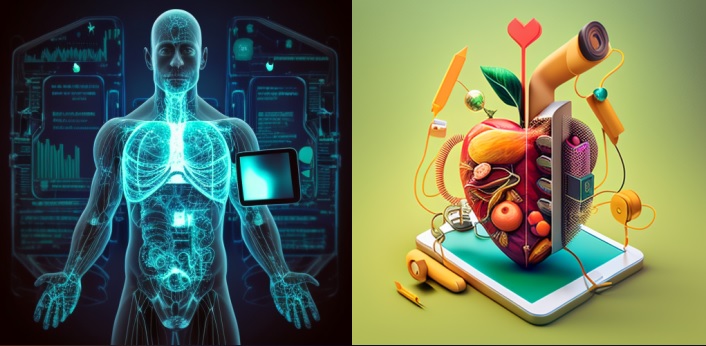
Negative Effects:
Encouraging sedentary behavior: Technology, such as smart phones and tablets, can encourage people to spend more time sitting and less time engaging in physical activity, which can lead to health problems such as obesity and heart disease.
Disrupting sleep: The blue light emitted by screens can interfere with the body’s production of melatonin, a hormone that regulates sleep. This can make it harder for people to fall asleep and lead to poor sleep quality.
Increasing stress: Being constantly connected to technology can increase stress and anxiety, especially if people feel pressure to respond to messages and notifications immediately.
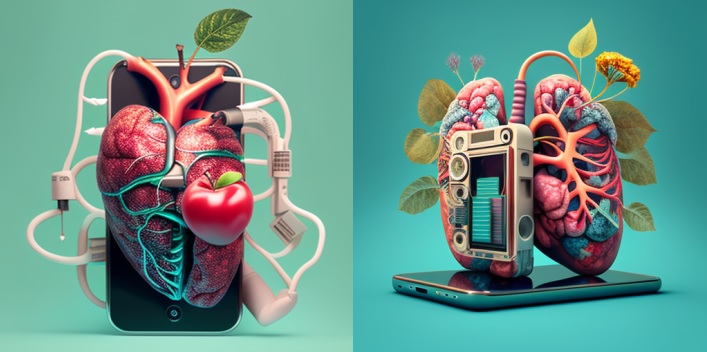
Privacy and security concerns:
The use of technology in healthcare can raise concerns about the privacy and security of personal health information.
It’s important to use technology responsibly and in moderation, and to be aware of potential negative effects on health. Additionally, it’s always recommended to consult with a healthcare professional before making any drastic changes to your health regimen.
How is technology used in health?
Technology is used in many ways in healthcare, here are some examples:
Telemedicine:
This allows for virtual consultations between patients and healthcare professionals, which can improve access to care for people living in remote or underserved areas. Patients can have virtual consultations with doctors, nurses, and other healthcare professionals, and can also receive remote monitoring for conditions such as diabetes and heart disease.
Electronic Health Records (EHRs)
These digital systems allow for the storage, sharing, and retrieval of patient medical information. EHRs can help healthcare providers to coordinate care, improve patient outcomes and reduce administrative workload.
Medical Devices: Technology
is used to create a variety of medical devices, including diagnostic equipment, implantable devices, and monitoring systems. Wearable devices such as fitness trackers, smart watches, and home health devices can monitor vital signs, activity levels, and other health-related metrics.
.

Robotic Surgery:
Robotics technology is increasingly being used in surgical procedures to improve precision, reduce complications and recovery time.
Artificial Intelligence and Machine Learning:

These technologies are being used in healthcare to improve diagnosis, treatment planning, and patient outcomes. For example, AI can be used to analyze medical images and make diagnoses, and machine learning can be used to predict patient outcomes and identify potential health risks.
Virtual Reality:
VR is increasingly being used in healthcare to provide therapy for mental health issues, such as anxiety, PTSD and phobia. Also in medical education, as it allows medical students to practice procedures in a safe and controlled environment.
Overall, technology has the potential to greatly improve the healthcare industry by making it more accessible, efficient, and personalized. However, it is important to ensure that technology is used ethically and responsibly, and to consider potential issues such as privacy and security.
How did technology help in improving health?
Technology has helped to improve health in many ways, here are a few examples:
Improving access to healthcare:
Technology, such as telemedicine, allows for virtual consultations between patients and healthcare professionals, which can improve access to care for people living in remote or underserved areas. It also allows patients to have virtual consultations with doctors, nurses, and other healthcare professionals, and can also receive remote monitoring for conditions such as diabetes and heart disease, which can lead to earlier detection of health issues and reduce the need for hospital visits.

Improving the efficiency and coordination of care:
Electronic health records (EHRs) allow for the digitization of patient information, which can make it easier for healthcare professionals to share and access patient data, leading to more efficient and coordinated care. This can help to reduce administrative workload, improve communication among healthcare providers, and increase patient safety.
Helping people manage chronic conditions:
Wearable devices and mobile apps can help people with chronic conditions such as diabetes and heart disease to manage their symptoms, track vital signs, and better understand their condition. This can lead to better self-management and improved outcomes.
